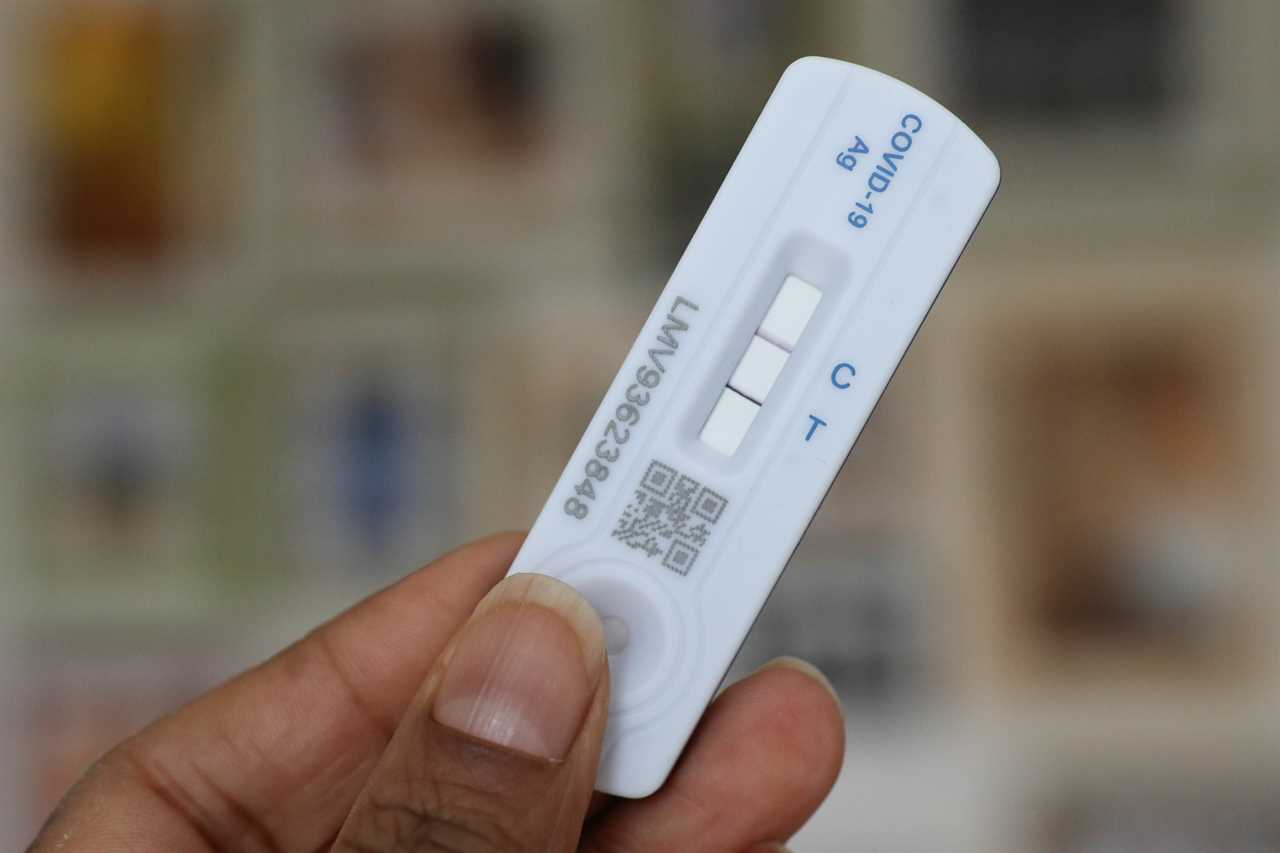A MAJOR change in Covid rules is coming into force from tomorrow, signalling the end of an era.
People in England who have the coronavirus will no longer be legally obliged to self-isolate, two years after the rule came into force.

The Prime Minister Boris Johnson hailed scrapping the last remaining restrictions as a “moment of pride” for the nation.
It’s part of the Government’s “living with Covid” plan, which aims to get the nation back to normality while the virus still exists.
Here is everything you need to know…
What is the rule change?
Subject to Parliamentary approval, the Government is axing the legal obligation to isolate after a positive test from February 24.
It means you do not legally have to stay indoors for at least five full days.
The Government will also no longer ask vaccinated contacts, and those under 18, to test for seven days, and will remove the legal requirement for contacts who are not vaccinated to self-isolate.
Meanwhile, there will be an end to routine contact tracing.
Should I stay at home?
The official public health advice will remain that people testing positive for the virus should stay at home for five days.
But crucially, this guidance will not be enforced by law.
Fines for non-compliance with quarantine rules of up to £10,000 will cease to be enforceable.
Speaking at a Downing Street Press conference, Professor Sir Chris Whitty said the advice was now in line with other viruses, like flu and norovirus.
He said: “As we look at the next weeks, we still have high rates of Omicron.
“I would urge people in terms of public health advice, and this is very much the Government’s position, that people should still if they have Covid try to prevent other people getting it and that means self-isolating.
“If you had Norovirus we would give exactly the same public health advice.”
The PM has urged people to take responsibility for their own health rather than follow state diktats, “in the same way we would with flu”.
No10 added: “We’re not saying isolation is pointless.
“We’d expect anyone with an infectious disease to take steps not to spread that disease further – a colleague at work with flu, for example.”
Rather problematically, it may be harder for you to find out you have Covid, due to a change in testing rules coming into effect from April 1.
Free universal testing is being scrapped, which includes PRCs and lateral flow at-home tests, other than for the most vulnerable.
The “living with Covid” document says people should “try to stay at home if they are unwell” – which suggests if you have any cold-like symptoms, it’s a safe bet to stay at home until you’re better.
Can I get sick pay?
Currently staff who have to quarantine because of Covid are advised to ask their bosses if they’re covered for time off.
Low earners who can’t afford the time off work can apply for a £500 Test and Trace Support Payment.
But as part of the PM’s plan to move on from Covid, people isolating won’t be able to get cash help if they can’t go to work.
Workers will not have to tell their employers by law if they have the virus and need to self-isolate.
Covid provisions for Statutory Sick Pay can still be claimed for a further month, the Government says.
What are the rules elsewhere in the UK?
Scotland’s First Minister Nicola Sturgeon made clear the Scottish Government would “continue to ask those who test positive for Covid to isolate for the recommended period”.
There are no formal plans to end self-isolation rules following a positive test in Wales.
Northern Ireland’s Health Minister Robin Swann has said his department will “carefully consider” the Living with Covid plan unveiled in England.
But self-isolation guidance on infection has not changed as of yet.






